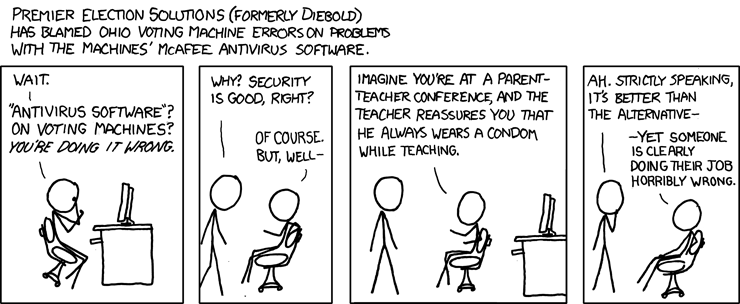The latest such query came from Ben Jeapes, science fiction author and Thoroughly Nice Chap. (Do go and buy his books.) A little while back Ben was wandering through a well-known London toy store when he noticed, amidst the model railway toys, this item for sale. "Ah," I can hear you thinking, "whilst on the face of it just a piece of period street furniture, this no doubt came to Mr Jeapes' attention because, as one of those 'sci-fi geeks' he saw it an immediately thought 'TARDIS'." Well, as it happens, no such thought was required, for Ben informs me that WKLTS had helpfully labelled as follows:

And this is where Ben's interest was piqued, because (as one of those 'sci-fi geeks') he recalled that the BBC had registered as a trade mark not only the term TARDIS but also the three-dimensional shape of a traditional police box. Indeed, this registration attracted some publicity when it was opposed by the Metropolitan Police. In the event, the Trade Marks Registrar found for the BBC, holding that the police box was not unique to the Met not particularly associated with the services it offered (see here for a PDF of the decision.) So, he asked me, are either Hornby or WKLTS infringing the BBC's trade mark?
At first sight, it is true that by selling a police box when said item is now a trade mark of the BBC both Hornby and WKLTS would infringe the BBC's rights. The BBC has registered the police box as a trade mark in the category of toys, and the model police box is selling an object that is exactly the same as the trade mark in the same category of goods.
But it's not as simple as that. A little while back the European Court of Justice was asked to rule in the German case of Opel v Autec. Autec sold detailed scale model cars, one of which was a replica of an Opel Astra. Being a detailed model, it naturally sported the Opel 'blitz' logo, which is one of Opel's trade marks. Opel had, as it happened, registered the mark for toys as well as actual cars, and sued Autec for trade mark infringement. The ECJ held that anyone buying the model car would naturally hold that the Opel logo was there for verisimilitude rather than to indicate any business connection between Opel and Autec, and so the trade mark was not being used as a trade mark. To hold otherwise would be to give Opel a monopoly in selling models of their cars, which would be anti-competitive.
Now, how far does this apply with the police box? There is a key difference, in that Opel's main business was selling cars, not models of cars, whereas one of the BBC's main businesses is in merchandising, which includes selling models of the TARDIS. On the other hand, Hornby has a completely legitimate business in selling accessories for model railways, in the same way that Autec had legitimate business selling model cars. I would suggest that following Opel v Autec, the courts would side with Hornby in any simple case of alleged trade mark infringement.
At this point I will note that Hornby itself appears to quite scrupulously market the model as purely a model of a police box; it is WKLTS that seems to have added the TARDIS reference. And it may be that WKLTS has muddied the water slightly by advertising the model as also being suitable to be a TARDIS. This might seriously dent any defence of legitimately selling an accurate model of just a police box. TARDIS as a word is also a BBC trade mark, and so its use in connection with sale of toys would almost certainly be a trade mark infringement in its own right. It might also open WKLTS up to a claim for passing off, because the BBC could claim that it enjoys goodwill in the name 'TARDIS' which WKLTS was misleading customers into thinking extended to its goods. However, the BBC would have to show evidence that its own sales of model TARDISes had suffered as a result, and that customers had bought this model from WKLTS believing that it was licensed by the BBC. Given that this model is about an inch tall and costs £4, I suspect that Dr Who enthusiasts will probably want a bit more bang for their buck (unless they are keen to construct scale dioramas of
Now it may well be that this has in fact all been cleared with the BBC, although I would have thought that if this was the case then the BBC would have asked WKLTS to add a note to the effect that "TARDIS is a trade mark of the British Broadcasting Corporation." But it does raise an interesting point of when use of a trade mark is 'use in the trade mark sense'. Is this just use of a trade mark as a form of identification, as in R v Johnstone? To me, the facts seem rather different. In Johnstone, the CDs at stake were unidentifiable without having the (trade mark) names of the relevant artists affixed to them. But anyone who wants to buy a model TARDIS knows what one looks like - there's no need to identify a model police box as a TARDIS by labelling it for such a customer to know what it is.
Anyway, that's enough wibbling on the subject. If I'm not careful, readers will conclude that I only ever blog about sf-related IP cases, and my interests are slightly broader than that...





